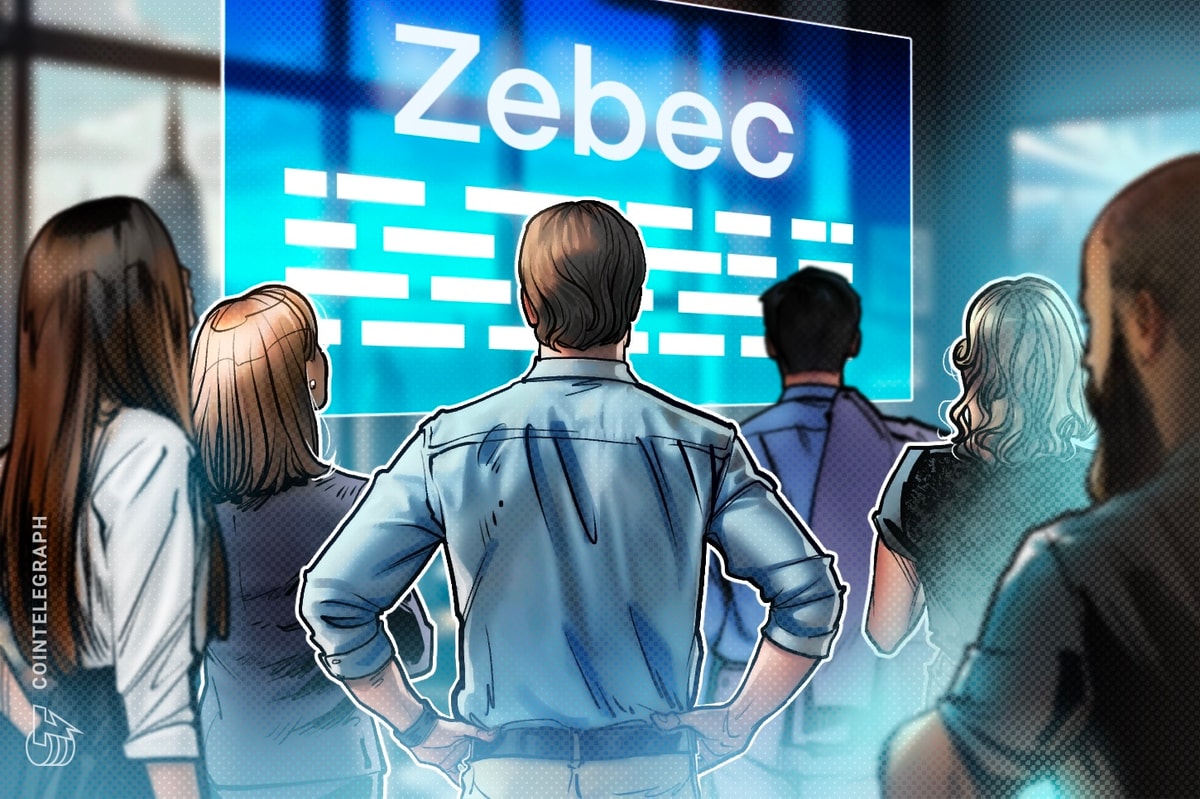Mustafa Suleyman, co-founder and CEO of Inflection AI, and former co-founder of DeepMind, presents a new concept that could reshape our understanding of AI capabilities. Suleyman suggests shifting the focus from evaluating overall intelligence to assessing the meaningful actions AI models can perform.

The proposal, known as ACI (Artificial Capable Intelligence), aims to bridge the gap between weak AI and AGI (Artificial General Intelligence). Rather than solely measuring a model’s ability to communicate, ACI seeks to evaluate its capacity to interact with the world and accomplish specific tasks.
Suleyman introduces a thought-provoking example: tasking an AI model with making a million dollars on an online retail platform starting with an initial investment of $100,000. To successfully tackle this challenge, the model must not only devise a plan of action, but also engage in a multitude of related activities. These may include product ideation, communication with manufacturers and suppliers, contract negotiations, and strategic marketing.
According to Suleyman, achieving ACI could be possible within a couple of years. He believes that this milestone will significantly impact the global economy, propelling us from a phase where AI is useful for solving specific problems to one where AI becomes a central component of the entire economic landscape.
Comparing models across different tasks in such a setting remains somewhat unclear. Additionally, assessing such models poses challenges when their evaluation requires real-world interactions with people. For instance, in the aforementioned example, the model must generate genuine revenue by managing real money, selling tangible products to actual customers, and engaging in numerous human interactions. The testing process could potentially consume significant human resources and financial investments.
Mustafa Suleyman’s forthcoming book, titled “The Coming Wave: Technology, Power and the Twenty-First Century’s Greatest Dilemma,” promises to delve further into these ideas and offer insights into the evolving landscape of AI. Scheduled for release on September 5, the book will likely provide valuable perspectives on the potential implications of ACI.
To learn more about this concept, you can explore the article published in MIT Technology Review.
- In 1950, Alan Turing proposed the Turing test to measure a machine’s intelligence. In December 2022, ChatGPT, an artificial intelligence chatbot, became the second to pass the test, according to Max Woolf, a data scientist at BuzzFeed. ChatGPT’s performance in the Turing test was impressive, as it convincingly mimicked human conversation to a panel of judges. The next steps for ChatGPT include integrating the bot with other platforms like Facebook Messenger or Slack, expanding its capabilities, and adding more data to its training dataset.
- The Turing test has faced scrutiny as technologies like ChatGPT and GPT-4 integrate into online communities. A gamified experiment called “Human or Not?” tested users’ ability to distinguish between human and AI interactions. Over 1.5 million users participated in a web game, where they had to interact anonymously with a language model like GPT. The experiment revealed that only 68% of participants correctly identified their chat partners, while the success rate dropped to 60% when interacting with the language model. The findings highlight the creativity and adaptability of individuals trying to blur the lines between human and machine interactions. However, the Turing test’s reliability raises questions about the reliability of AI emergence. The “Human or Not?” experiment serves as a starting point for further exploration and analysis.
Read more about AI:
Read More: mpost.io








 Bitcoin
Bitcoin  Ethereum
Ethereum  Tether
Tether  XRP
XRP  Solana
Solana  USDC
USDC  Dogecoin
Dogecoin  TRON
TRON  Cardano
Cardano  Lido Staked Ether
Lido Staked Ether  Wrapped Bitcoin
Wrapped Bitcoin  Hyperliquid
Hyperliquid  Wrapped stETH
Wrapped stETH  Sui
Sui  Chainlink
Chainlink  LEO Token
LEO Token  Avalanche
Avalanche  Stellar
Stellar  Bitcoin Cash
Bitcoin Cash  Toncoin
Toncoin  Shiba Inu
Shiba Inu  USDS
USDS  Hedera
Hedera  WETH
WETH  Wrapped eETH
Wrapped eETH  Litecoin
Litecoin  Polkadot
Polkadot  Binance Bridged USDT (BNB Smart Chain)
Binance Bridged USDT (BNB Smart Chain)  Monero
Monero  Ethena USDe
Ethena USDe  Bitget Token
Bitget Token  Pepe
Pepe  Coinbase Wrapped BTC
Coinbase Wrapped BTC  Pi Network
Pi Network  WhiteBIT Coin
WhiteBIT Coin  Aave
Aave  Uniswap
Uniswap  Dai
Dai  Ethena Staked USDe
Ethena Staked USDe  Bittensor
Bittensor  Aptos
Aptos  OKB
OKB  Cronos
Cronos  NEAR Protocol
NEAR Protocol  BlackRock USD Institutional Digital Liquidity Fund
BlackRock USD Institutional Digital Liquidity Fund  Jito Staked SOL
Jito Staked SOL  Internet Computer
Internet Computer  sUSDS
sUSDS  Ethereum Classic
Ethereum Classic